Step 1: Choose your words carefully.
Words are powerful. Words can evoke strong emotions. When they are selected carefully, they can educate, empower and inspire. They can be used to change the ideas of one individual or to generate a movement among thousands.
When words simply spill out into the world, they can lead to misunderstandings and misconceptions. Misplaced words can create pain and disappointment. They can even build barriers and breakdown the human spirit. How do you plan to use your words?
I plan to use my words to make the world a better place. I will use my words to embrace others and unleash their potential. Here are a few ways I plan to use my words to be the change I wish to see in the world:
1. Disabled to Exceptional. My son, Nolan, was born prematurely. From his very first moments on Earth, he struggled to coordinate the instinctual skills of sucking, swallowing and breathing. These seemingly innate actions needed to be coached. Actually, he was delayed in learning all the early developmental skills like crawling, walking and talking and required hours of intensive therapy. Now, at the age of ten, he has mastered most developmentally appropriate skills. Writing remains a laborious task, and tying his shoes seems to elude him. Fortunately, technology can replace the pencil, and Velcro can secure his shoes.
After nearly a decade of triumphs and tribulations, we have come to realize that Nolan’s brain is wired differently. According to the CDC, he is “disabled.” However, this label seems amazingly inaccurate for my son. The word “disabled” unfairly places limitations on Nolan’s abilities and potential. It creates barriers and makes me want to shout, “He can do ANYTHING!” His learning differences are beautiful. His unique brain deserves to be celebrated.
When I talk about Nolan and the challenges he faces, I choose my words carefully. I use them to empower and unleash all of the potential in my son. This is why I tell the world: “MY SON IS EXCEPTIONAL!” 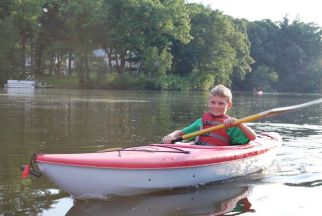 And then I smile, knowing I have used my words to make the world a better place for him.
And then I smile, knowing I have used my words to make the world a better place for him.
2. Handicap to Accessible. I recently learned about 3ELOVE (www.3elove.com ). It is the brainchild of Annie and Stevie Hopkins, two exceptional individuals, who are re-conceptualizing the International Sign of Accessibility that was originally developed in 1968. The redesigned symbol is being used to EMBRACE, EDUCATE and EMPOWER the world about individuals with exceptionalities.
My children and I immediately connected with the 3ELOVE message and bought various 3ELOVE products including t-shirts. When the t-shirts arrived, the kids couldn’t wait to wear them.
Caitlin proudly wore hers to a birthday party, but I wasn’t totally prepared for what happened. On the ride home from the party, she told me a peer asked her, “Why are you wearing a handicap sign?” I asked her how she responded and, un-phased by the incident, she stated, “I told her it was my wheelchair rugby shirt.” Nolan reported a similar experience at school, but his response to the question was, “It’s about 3ELOVE.”
I then realized I hadn’t prepared my children with the accurate words. So, I explained to them that when we see this symbol posted in parking lots, on bathroom doors or on buttons near doorways that it means “accessible.” The symbol is there to let everyone know that if you need more space to move or if you need the door to open for you, it is available. It does not mean “handicap.” When we choose our words carefully, this International Symbol of Accessibility means: “All are welcome here.”
3. Impossible to Possible. In the winter of 2010 when I was teaching full time at the college-level, working on my doctoral degree and raising two children under the age of five, I was overwhelmed. I was considering giving up on my studies. All I could see were barriers. Then, I made a critical decision. I got rid of the word “impossible.” By removing that word from my vocabulary, I was forced to think of everything including balancing work, studies and family life as “possible.” Ridding myself of this word shifted my thinking. This resulted in me finding new ways to make it all work. Some solutions were simple like asking family members to babysit more. Some solutions were hard like getting up at 4:30 a.m. to write papers. But, it all became possible. And finally, in May 2013, I received my doctoral degree and my children cheered for me as I proudly walked across the stage.
This idea of possible versus impossible has became even more evident during my interviews with Nick Springer. Becoming a quad amputee at the age of 14, Nick embodies all things possible. Despite his amputations, he can drive, send funny text messages, travel around the world and play a very mean game of wheelchair rugby.
In fact, the more I research athletes who play adaptive sports, the more I realize that anything is possible. For example, Mark Stutzman, member of the US Archery team and 2012 silver medalist in the London Paralympic Games, can shoot a bow with incredible precision using his foot and mouth. He also hunts and raises his three boys with his wife, Amber.
When we choose our words carefully, we can create change in ourselves and in others. What does this change look like or sound like? It appears in simple moments. Here is what happened recently in my home when my daughter was completing her math homework:
“Mommy, the problem says Brendan has two bandages on his fingers and they want to know how many fingers don’t have bandages. I think they want me to write 10-2=8, but it depends. It could be 5-2=3 or something else. It all depends.”
With carefully chosen words, one person can create change. It’s time for you to decide, “What will I do with my words today? Will I break down or build up?”
I plan to choose my words carefully and to use them to educate, empower and inspire change.
Believe in the Possible,
Jen
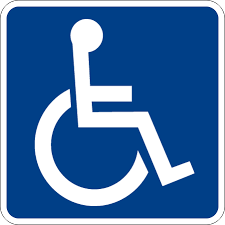
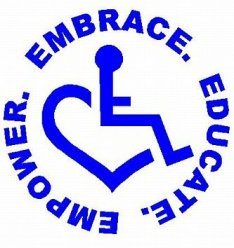
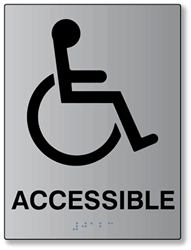
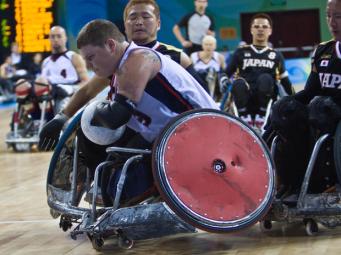
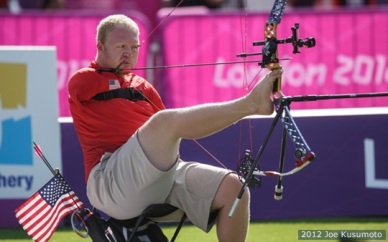
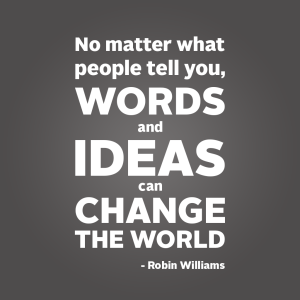
Hi Jen, Great post! I would like to see the 3ELOVE symbol explored at our church. Thanks for your writing! Susan
LikeLike
Susan, I think it would be a great idea for our church to considering using the 3ELOVE symbols around our building. I believe God or any higher being should be “accessible” to everyone. Best, Jen
LikeLike
Hi Jen, First off, congratulations on your huge accomplishment of receiving your doctoral degree with two young children and a host of other reasons why that couldn’t happen. You did it! Secondly, I agree with the power of words and I love the idea of using the word exceptional…not to mention eliminating the word impossible for my lexicon. 🙂 I’ll be working on that for sure! ~Beth
LikeLiked by 1 person
Beth, Thanks for the acknowledging my accomplishment of receiving a doctorate with two small children. It was a challenge, but worth it. As for getting rid of the word “impossible” from your lexicon, I highly recommend it. Thinking about the possible has led me to new and unexpected heights…like starting a career in writing children’s books. Believe in the possible! Best, Jen
LikeLike
Hi Jen – thank you for sharing your post on our Blog Hop and reminding me to think about the power of words. Also, I’m excited to learn about 3ELOVE! Now, that is a revolutionary shift in thinking! Looking forward to following your blog and learning more from you 🙂
LikeLike
Nicole, Thank you for giving me the opportunity to share my blog. I appreciate your response and am glad I was able to share a resource like 3ELOVE with you. I look forward to learning from you and collaborating as we use our words, experiences and resources to create change. Best, Jen
LikeLike